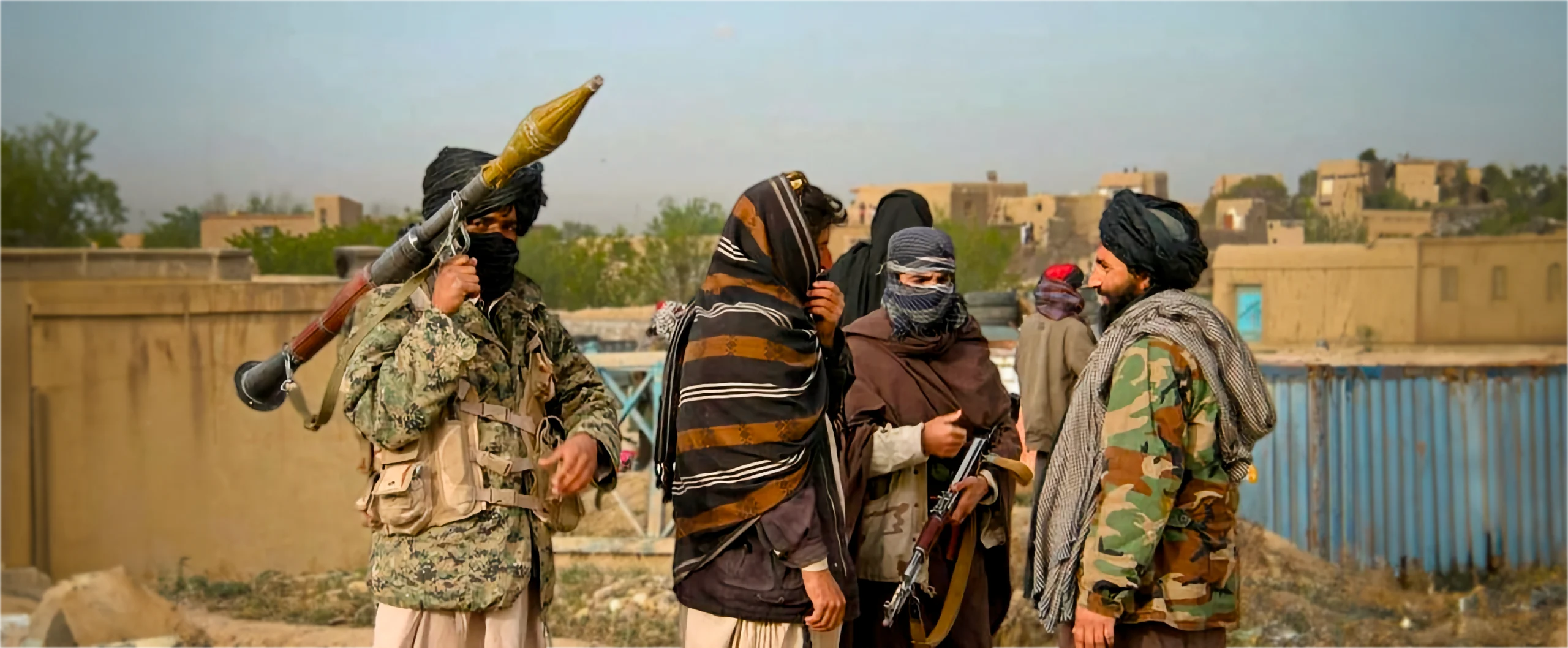A Pakistani think tank recently announced a two-day conference for Afghan leaders in Islamabad, an event titled “Towards Unity and Trust.” This initiative, which includes a diverse group of Afghan opposition figures, women’s rights activists, and youth leaders, marks the first public meeting of its kind in Pakistan since the Taliban’s return to power in 2021.
In response, acting Afghan Foreign Minister Amir Khan Muttaqi issued a sharp criticism, accusing neighboring countries in a veiled reference to Pakistan of “fuelling instability” by engaging with Afghan exiles. Muttaqi’s statement emphasized that disputes should be resolved through dialogue and mutual trust, a sentiment that presents a stark contradiction to the realities on the ground. While Kabul lectures Islamabad on non-interference, a closer, evidence-based look reveals a sustained policy of providing sanctuary and support to a litany of anti-Pakistan terrorist groups, directly undermining its own supreme leader’s directives and Pakistan’s persistent diplomatic efforts.
Muttaqi’s denunciation is particularly ironic given the sustained and well-documented presence of anti-Pakistan terrorist groups on Afghan soil. While an Islamabad based dialogue is framed as a hostile act, the real provocation lies in the safe havens provided to groups like the Balochistan Liberation Army (BLA), Tehreek-i-Taliban Pakistan (TTP), and the Hafiz Gul Bahadur faction. The Pakistan-Afghanistan border region has become a launchpad for cross-border attacks, not an academic conference.
The Presence of the BLA
The Balochistan Liberation Army, a designated terrorist organization by multiple countries, has a long-standing history of operating from within Afghanistan. Reports from Pakistani security officials, including statements from the Chief Minister of Balochistan, have repeatedly indicated that BLA militants receive shelter and logistical support inside Afghanistan. The pattern of BLA attacks and subsequent retreats points towards cross-border sanctuaries. The presence of BLA hideouts is not a new phenomenon; prior to the Taliban’s return, Afghan officials had even acknowledged that BLA leaders, such as Aslam Baloch, had been sheltered in Afghanistan since 2005. The current situation suggests this historical pattern of tolerance has continued, with elements of the BLA finding new ground in places like Kabul and Farah.
The Case of the TTP
Perhaps the most potent symbol of this hypocrisy is the Tehreek-i-Taliban Pakistan (TTP). The TTP’s current leader, Noor Wali Mehsud, has been widely reported to reside in Afghanistan. The Afghan Taliban’s hospitality towards Mehsud goes beyond mere tolerance. Numerous security reports and journalistic accounts have detailed the significant financial and logistical support the TTP receives from certain factions within the Afghan Taliban.
The International Crisis Group noted that following the 2021 takeover, the TTP “reunited several TTP splinter groups and strengthened operational structures, including the central command in Afghanistan.” This level of integration is not passive, it suggests a deep-seated alliance. Other key commanders, such as Muzahim (alias Mufti Hazrat), who serves as the group’s deputy, and Hafiz Gul Bahadur, a powerful faction leader, also operate from sanctuaries in Afghanistan. The TTP’s attacks against Pakistan have surged since 2021, a trend directly linked to their newfound sense of security and operational freedom in Afghanistan. The continued presence and operational capability of these groups in Afghanistan directly contravene the pledges of the Taliban’s own leadership.
Policy and Practice
This state of affairs exists despite clear directives from the Afghan Taliban’s supreme leader, Haibatullah Akhundzada. In a widely reported decree, Akhundzada had banned the use of Afghan soil for cross-border terrorism. Yet, the actions on the ground by groups affiliated with the Haqqani Network and other factions have consistently flouted this directive. This suggests a fundamental disconnect between the Taliban’s political pronouncements and its internal security apparatus, or, more troublingly, a deliberate policy of strategic ambiguity. The persistence of these sanctuaries, particularly the alleged training centers for anti-Pakistan militants in Farah Province, demonstrates that while Kabul issues verbal assurances, the infrastructure of terrorism remains intact.
Pakistan’s Engagement Efforts
Pakistan, in turn, has exhausted nearly every channel of engagement to address this grave security threat. The engagement has been comprehensive, involving diplomatic, military, and even civil society levels. High level delegations from Islamabad, including the Foreign Minister, and senior intelligence officials, have made repeated visits to Kabul. During these meetings, counter-terrorism and the presence of militant groups have been a constant point of discussion. For example, during a recent visit by Pakistan’s Deputy Prime Minister and Foreign Minister Ishaq Dar for trilateral talks with Afghanistan and China, the official statement explicitly mentioned counter-terrorism cooperation as a key agenda item. Pakistan has consistently sought assurances from the Afghan side that their soil would not be used against Pakistan.
Beyond state-to-state relations, Islamabad has also pursued public diplomacy and civil society engagement. Pakistani scholars, journalists, and religious leaders have visited Kabul to foster people-to-people connections and build trust. Initiatives from bodies like the South Asian Strategic Stability Institute (SASSI), the Institute of Strategic Studies Islamabad (ISSI), and the Pak-Afghan Youth Forum (PAYF) are examples of these efforts to bridge the trust deficit. The very conference that Muttaqi seems to be criticizing is part of this broader public diplomacy initiative, a move to engage with diverse Afghan voices and explore avenues for long-term stability in the region.
Conclusion
When viewed through this lens, Muttaqi’s criticism of Pakistan hosting a conference for Afghan exiles seems profoundly disingenuous. The core issue is not an academic gathering but a security crisis fueled by sanctuaries for terrorists. While Pakistan has been a victim of cross-border attacks and has sought diplomatic and security collaboration, its efforts have been consistently undermined by the reality on the ground in Afghanistan. The ongoing presence of the BLA, TTP, and Hafiz Gul Bahadur, all actively operating against Pakistan from within Afghanistan, is the real instigator of regional instability. To suggest that a conference in Islamabad is a greater threat than these well-armed and resourced terrorist groups is a narrative that fails to pass any reality check. It is a narrative that seeks to deflect from Kabul’s own failures to fulfill its security responsibilities, a failure that continues to put regional peace and stability at risk.






